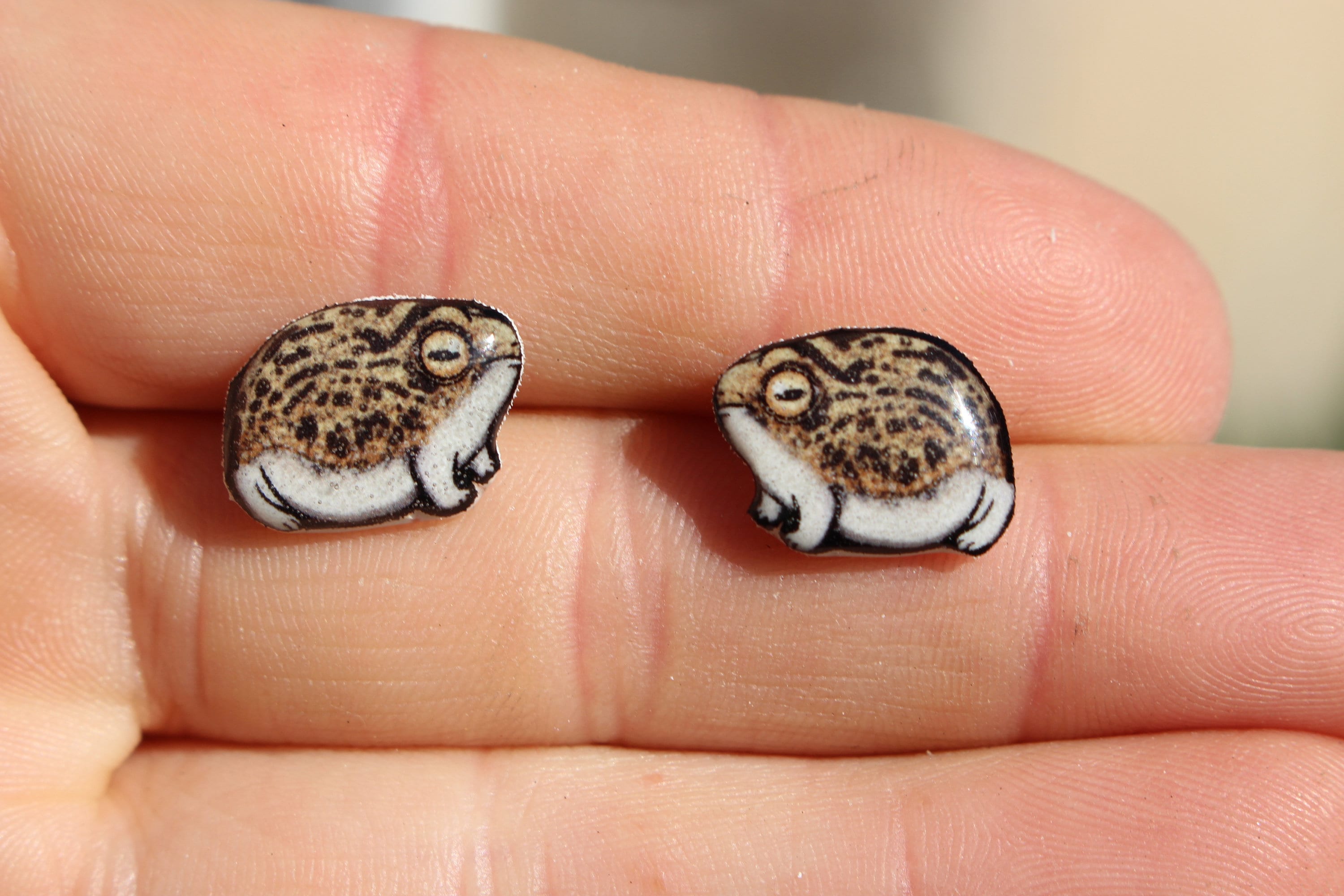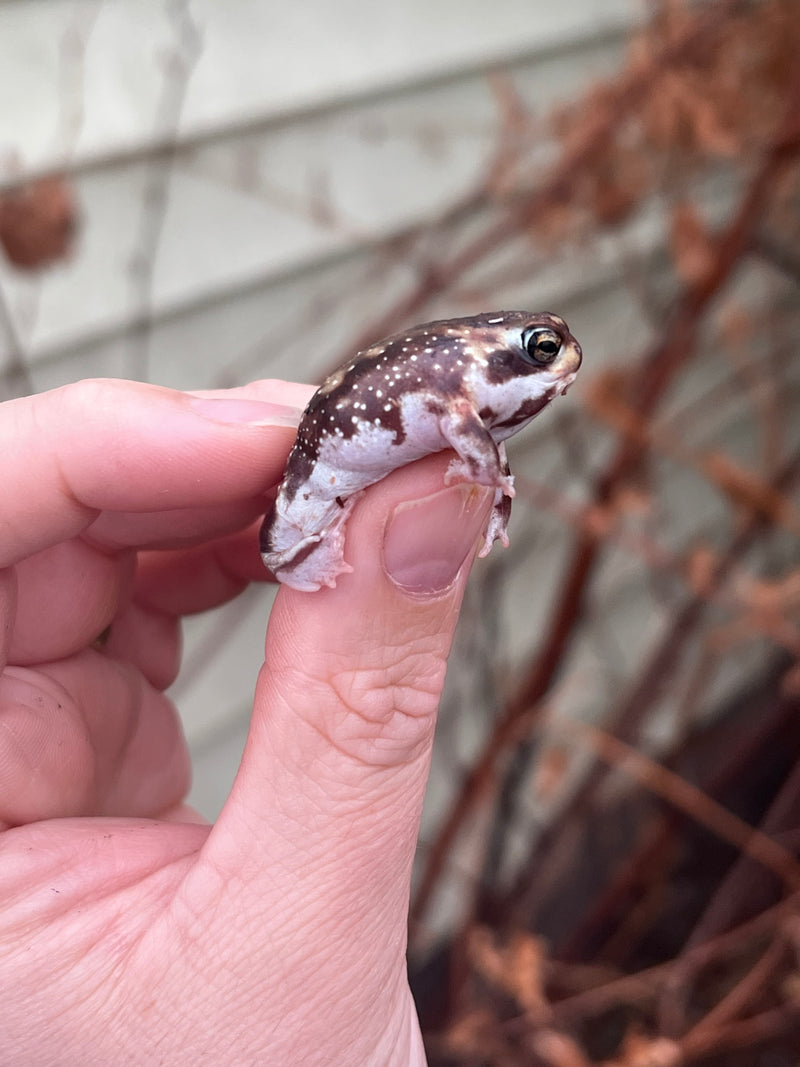Uncover Rare Rain Frog for Sale: Boost Your Amphibian Collection Today!
Wiki Article
Common Health Issues in Reptiles: Signs and Solutions
In the detailed world of reptile care, recognizing the usual health and wellness problems that may influence these special creatures is vital in guaranteeing their health. From respiratory system infections that can quietly take hold to metabolic bone illness that can disable, reptiles are prone to a variety of conditions that need keen observation and prompt treatment. Whether it's grappling with parasitic problems, navigating dehydration issues, or attending to skin conditions that manifest in refined methods, being attuned to the symptoms and equipped with the expertise of efficient services is vital for any reptile proprietor. By diving further right into the nuances of these health concerns and checking out the useful remedies offered, one can protect the wellness and vitality of these remarkable animals.Respiratory System Infections
Respiratory infections in reptiles can dramatically impact their general health and need prompt interest from seasoned vets. In reptiles, respiratory system infections can be especially challenging to identify and treat due to their unique anatomy and physiology.Therapy for breathing infections in reptiles commonly includes a combination of supportive treatment, such as preserving proper moisture levels and temperature level gradients in the enclosure, along with targeted medicine to deal with the specific virus in charge of the infection. It is vital for reptile proprietors to check their animals very closely for any type of signs of respiratory system distress and look for vet care at the earliest indication of a concern. With prompt intervention and proper treatment, several reptiles can recuperate totally from breathing infections and return to typical tasks.

Metabolic Bone Condition
What elements add to the growth of Metabolic Bone Disease in reptiles?Metabolic Bone Condition (MBD) in reptiles is primarily brought on by an absence of proper calcium, phosphorus, and vitamin D3 levels in their diet plan. When reptiles do not receive adequate calcium, either with their food or proper UVB direct exposure for vitamin D3 synthesis, they go to a high danger of creating MBD. Reptiles with diet regimens reduced in calcium or imbalanced calcium to phosphorus proportions are particularly vulnerable. Additionally, poor exposure to UVB light avoids reptiles from manufacturing vitamin D3, which is crucial for calcium absorption and bone health.
Other contributing factors to MBD include improper temperature gradients within the reptile's habitat, resulting in decreased metabolism and impaired calcium absorption. Not enough moisture degrees can likewise impact a reptile's ability to metabolize calcium effectively. Furthermore, certain reptile varieties have details nutritional requirements that, otherwise met, can increase the likelihood of establishing MBD. Regular vet examinations, proper husbandry techniques, and a well balanced diet are necessary to avoid Metabolic Bone Illness in reptiles.
Parasitical Invasions
Parasitical invasions pose a substantial health and wellness threat to reptiles, impacting their total wellness and calling for timely vet attention. Reptiles can be impacted by numerous parasites, including termites, ticks, internal worms, and protozoa. These parasites can create a range of signs, such as weight-loss, lethargy, skin inflammation, diarrhea, and even death if left unattended.One typical bloodsucker found in reptiles is the mite, which can trigger skin anemia, inflammation, and stress and anxiety. Ticks are an additional external parasite that can transfer illness and trigger visit this web-site discomfort to the reptile. Inner bloodsuckers like worms and protozoa can bring about gastrointestinal problems, poor nutrition, and deteriorate the reptile's body immune system.
To detect a parasitical infestation, a veterinarian may perform fecal tests, skin scrapings, or blood tests. Treatment commonly entails deworming drugs, antiparasitic bathrooms, or in serious situations, a hospital stay. Preventative actions such as normal vet examinations, appropriate hygiene, and quarantine procedures for new reptiles can help minimize the risk of parasitic infestations and ensure the health of reptile pets.
Dehydration and Hydration Issues
Dehydration in reptiles can significantly affect their health and health, requiring prompt intervention and ideal hydration administration. If left untreated, dehydration can lead to severe health concerns and even be deadly to the reptile.To stop dehydration, reptile proprietors ought to make certain that their animals have accessibility to clean water in all times. The water meal need to be big sufficient for the reptile to soak in if needed, especially for types that soak up water through their skin. Additionally, preserving correct humidity levels Check This Out in the reptile's unit and offering routine baths can help stop dehydration.
In instances of dehydration, it is vital to look for veterinary treatment immediately. A veterinarian might administer liquids either by mouth or through shots to rehydrate the reptile. It is vital to attend to the underlying root cause of dehydration to stop reappearance and make certain the reptile's general wellness.
Skin Disorders

Conclusion

Breathing infections in reptiles can substantially impact their total health and wellness and require timely attention from seasoned veterinarians (rain frog for sale). Preventative measures such as routine vet examinations, proper health, and quarantine procedures for brand-new reptiles can assist minimize the danger of parasitic problems and guarantee the health of reptile animals
If left without treatment, dehydration can lead to severe health and wellness issues and even be fatal to the reptile.
Regularly inspecting your reptile for any modifications in skin appearance, structure, or shade can assist in early detection and therapy of skin disorders, promoting the general wellness and health of your scaly buddy. - rain frog for sale
In final thought, reptiles are vulnerable to various health problems such as respiratory system infections, metabolic bone disease, parasitic invasions, dehydration, and skin conditions.
Report this wiki page